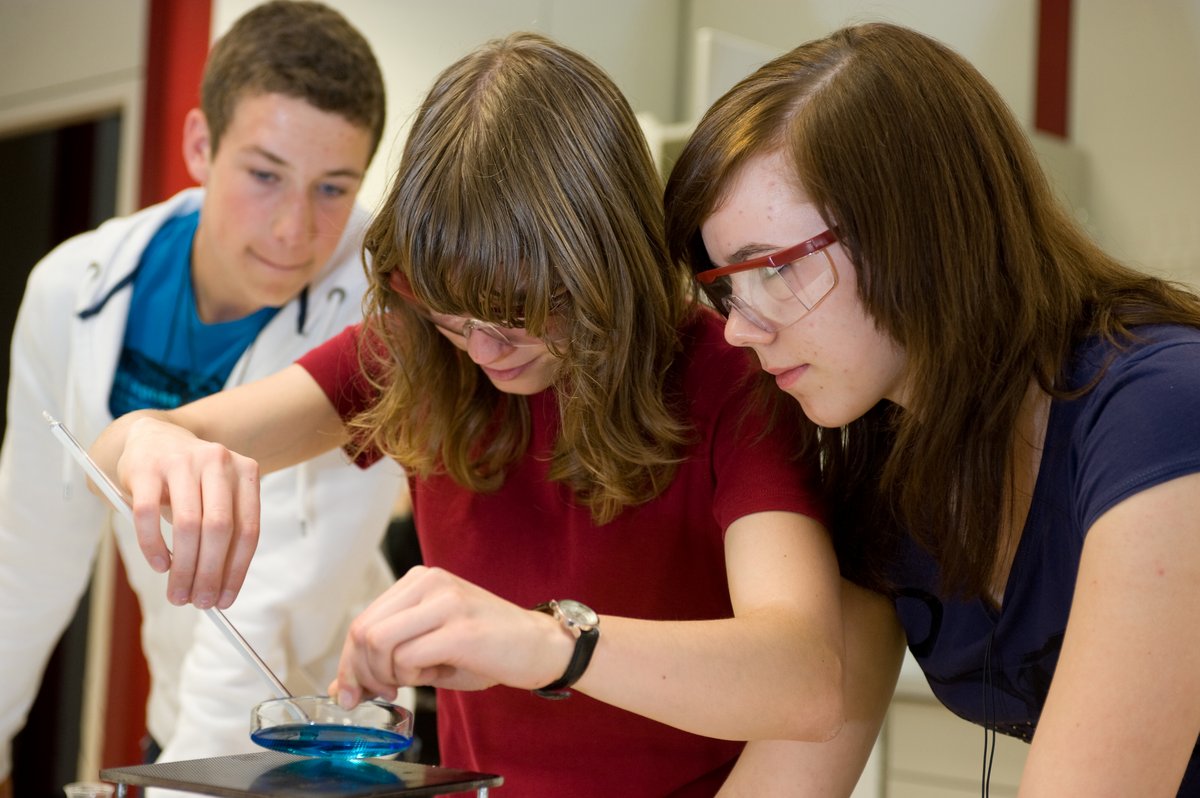Swiss Matura* – quo vadis?
by Dr phil. René Roca, grammar school teacher
At the moment, a consultation procedure is being conducted almost silently within the framework of the so-called “Further Development of the Gymnasium Baccalaureate” (WEGM). The first step is a reform of the Matura Recognition Regulations and Ordinance (MAR/MAV, basically identical). A further reform step will follow in a year’s time, when a new nationwide framework curriculum (RLP) will be developed, for which only a “hearing” is planned. Why these reforms?
Reforms without necessity
The key players in this reform process, the Federal Department of Economic Affairs, Education and Research (EAER) and the Swiss Conference of Cantonal Ministers of Education (EDK), justify the reform steps with the fact that “the Swiss education system has changed profoundly in recent decades”. This is certainly the case. In this context, explicit reference is made to the HarmoS Concordat, the new language-regional curricula for compulsory schooling (including Curriculum 21) and the Bologna Process at universities. As the “last building block”, the upper secondary level, i.e. in addition to the vocational schools and the KV (vocational business school), the Matura schools must now be “fitted” into the new system. According to the EAER and the EDK, this integration is necessary because the basis of upper secondary education has hardly developed since the last reform in 1995. In addition, “megatrends” such as globalisation and digitalisation are cited as justification for the WEGM in order to dismiss critics of the reform right away as eternalists and technophobes. The WEGM notabene is taking place at a time when the serious shortcomings and catastrophic effects of the above-mentioned reforms are clearly visible and are therefore attracting more and more critics, who are now also being heard in the media.
In the last 25 years, there have always been sensible partial revisions of the MAR (for example, the introduction of computer science as a compulsory subject). A fundamental reform is absolutely not imperative, so the reform is being carried out without necessity.
Focus on competences
For the time being, the Swiss Matura still has a very good reputation worldwide. But why are the reforms being pushed through anyway? Overall, the WEGM uncritically submits to the aforementioned “megatrends” in order to achieve an internationalisation of education. Ultimately, it is a mere adaptation to the already failed Anglo-Saxon model, which focuses only on competences and further depletes the concept of education and knowledge. Thus, the orientation towards competences is mentioned and initialised for the first time in the MAR; for the new, completely overloaded RLP (framework curriculum), competences are simply the basis. Where does this lead? The central role of the teacher is crucial for the success of the educational process; however, this role is further weakened by the reforms. Without a doubt, they will also lead to more control and steering, i.e., to more control from above and a consolidation of the top-down strategy. This is good for the education bureaucracy of the Confederation and the cantons, but bad for the teachers. The next reform steps, such as the fundamental questioning of the subject canon (similar to the KV reform), are already in the pipeline.
Rejection of the WEGM –
a fundamental discussion is necessary
The entire reform is following a tried and tested pattern: an overly ambitious reform package is chased through short-term “consultations” and a consultation procedure. The package is then slimmed down a bit, but the rest however is pushed through, an ultimately non-transparent and undemocratic procedure. What to do?
If the first goal of the Gymnasium Baccalaureate, namely “examination-free access to university and teacher training colleges” is to continue to be achieved throughout Switzerland in the long term, the previous reforms of the primary schools and also the “Bologna Process” at the universities must be critically questioned. The sole fixation on what are ultimately ideologically motivated “competences” must be revised and learning goals need to be defined more clearly again with a reasonable concept of knowledge. Only in this way can a humanistic concept of education be regained that will secure the quality of grammar schools in the long term and stop the continuous level lowering. In addition, the second goal of the Gymnasium Baccalaureate, the “deepened maturity for society”, would come within reach again. •
* maturity diploma
